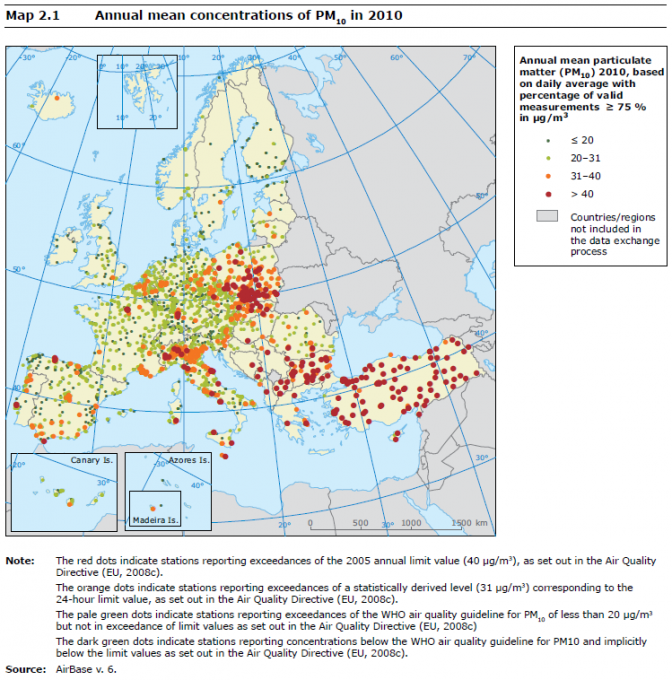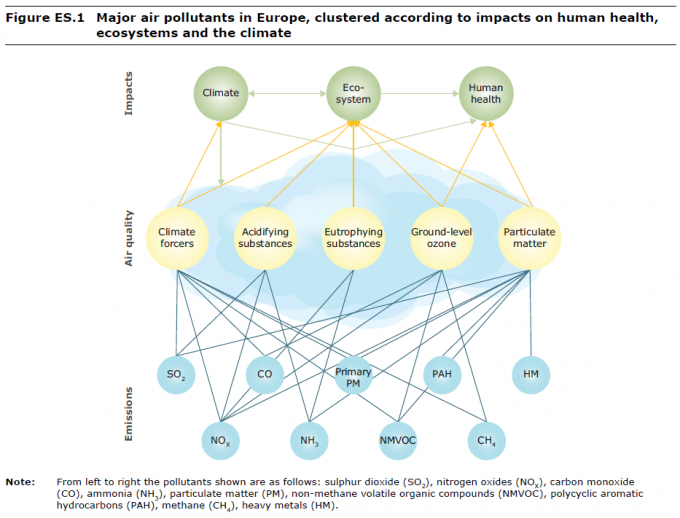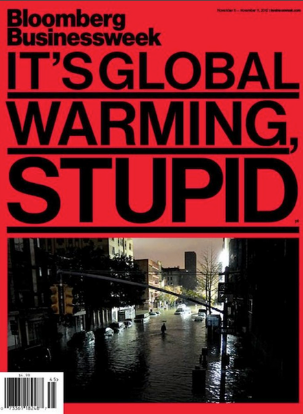As you might have gathered from the title, I was inspired by recent US elections. Obama’s re-election marks the third president in a row to have won a second term; the last not to? George H. W. Bush in 1992 when Bill Clinton’s campaign famously highlighted, “It’s the economy, stupid.” By not grasping the importance the economy played in the minds of the electorate, Bush Sr. ended up losing big time. In Europe, the same might be the case for many if they don’t pay attention in 2013: Europe’s ‘Year of Air’.
Announced in 2011 by Environment Commissioner Janez Potočnik, 2013 will be the ‘Year of Air’. No, this isn’t a slight remark about the 2013 Commission Work Programme despite its “Eurolite” agenda (for more on this, click here); the EU will undertake a comprehensive review of air policy in 2013. The idea is that following an assessment of implementation and achievements of the Air Quality Framework Directive and its five daughters, including the 2008 Air Quality Directive, the EU will push for stronger air quality laws which address emissions at the source.
Air? But that’s Europe’s ‘Success Story’!
But why, you ask? Simple. Air pollution is bad for our health and the environment, and a significant proportion of Europeans still live in areas (especially cities) where exceedances of air quality standards occur (just look at the map below). Though emissions of the main air pollutants in Europe have declined between 2001 and 2010 [emissions of all particulate matter decreased by 14% in the EU, and ozone precursor gases (nitrogen oxides (NOX), non-methane volatile organic compounds (NMVOC) and carbon monoxide (CO)) decreased by an average of 28%], many European countries still do not comply with EU emissions agreements and especially not those set by the significantly more stringent World Health Organisation. The consequences of this disproportionate exposure which are driving the review? Health problems, resulting in a reduction of EU life expectancy by more than eight months, and environmental issues, including acidification, eutrophication and climate forcing.
Where’s the problem?
Interestingly, the sources of air pollution which the EU’s review will have to address are not all anthropogenic, or manmade. According to a recent report by the European Environment Agency, when finger-pointing at the bogeyman we should not only wave our index finger at the usual suspects but at Mother Nature as well. The main sources of air pollutants, in addition to agricultural and industrial activity, power generation and transport (including diesel vehicles), are mineral salts from sea spray, naturally suspended particulates (sand, pollen, ash, etc.) and soil dust. Sea spray mineral salts even amounts to 70% (!) or more of particulate matter (PM10), one of the most problematic pollutants in terms of human health.
What to expect?
As you can gather, the review will be both comprehensive and resolute; dedicating 2013 to air only raises political and citizen awareness about the need to revamp air policy, adding to the pressure of delivering in the final full year for both the Commission and Parliament. Any legislative proposal, however, will have to go through co-decision, and thus the Institutional urge for a legacy will face an uphill struggle against Member States already failing to implement current rules. What can be said already is that no matter where you’d like the cards to fall, the air quality review should be taken seriously. If you don’t, Bloomberg Businessweek next November might headline, “It was air quality, stupid.”
Time Table
- A new public consultation will be made available online before the end of 2012.
- The proposal will be drafted early next year, with a new legislative proposal to be published late 2013.
For more on the EU’s Air policy review, click here.
Stephan
1
Find Out More
-
Generative AI is changing the search game
May 8, 2025






April 19, 2013 | 10:03 AM
[...] you know from my previous posts (here and here), Europe dedicated 2013 the ‘Year of Air’ for a reason: 17 of the 27 EU Member States [...]